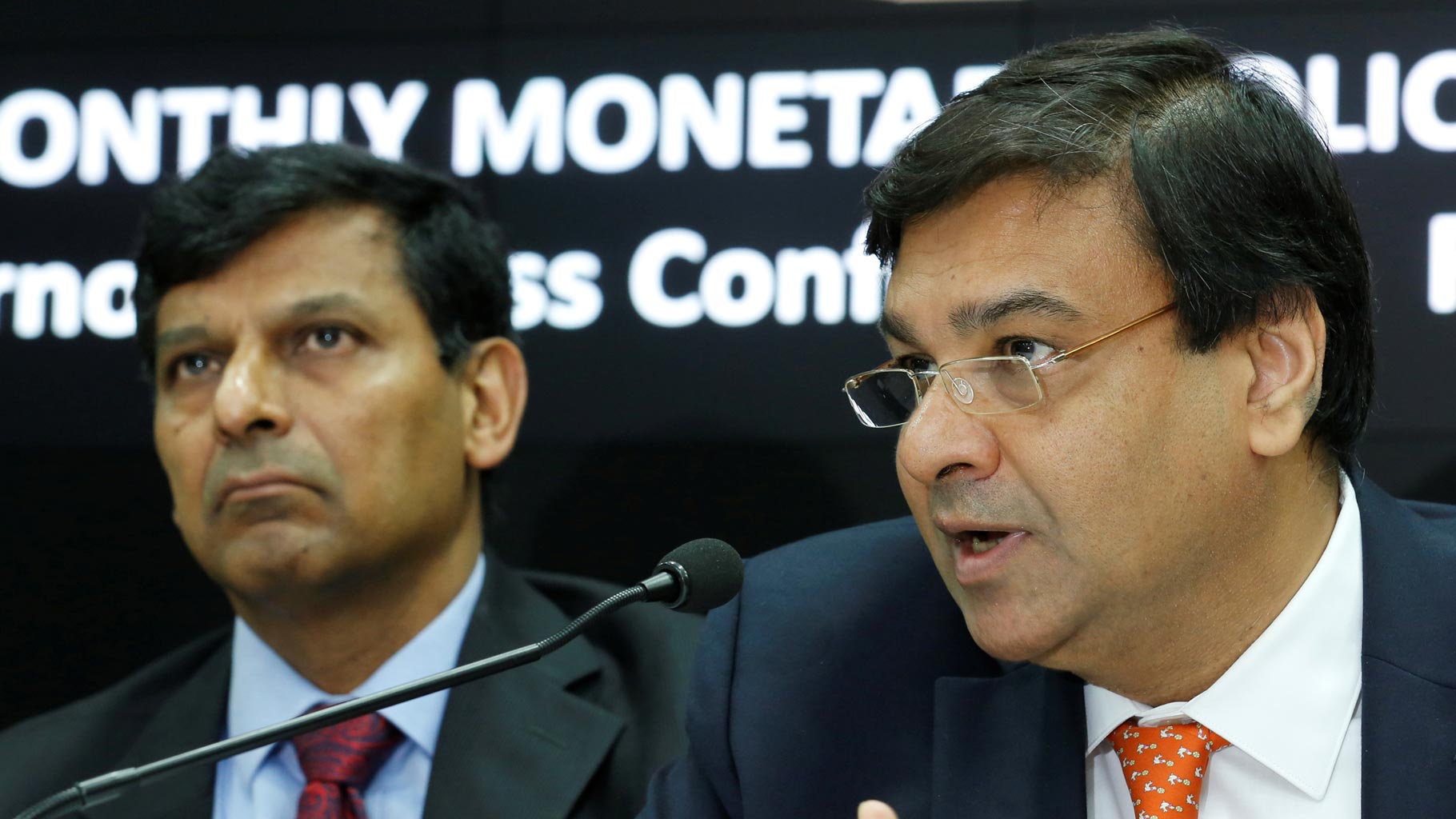Where Are You, Mr Urjit Patel?

NEW DELHI: The head of the Reserve Bank of India Urjit Patel seems to have done a vanishing trick. He is just not visible, at least to the public, having spoken only once since November 8 when Prime Minister Narendra Modi declared 86 per cent of the currency illegal.
Patel, handpicked by the PM as RBI Governor, has left it to the bureaucrats from the Finance Ministry to make occasional clarifications. This despite the fact that Minister Piyush Goyal said that the decision to ban the Rs 500 and Rs 1000 notes was taken by Patel and the 10 member RBI Board. And despite the concerns expressed by the Supreme Court warning of possible riots. As a senior economist said, “while not mandatory of course one would have expected the RBI Governor to utter at least reassuring words and the silence is certainly not exemplary.”
Finance Minister Arun Jaitley has defended Patel, particularly after the question ‘where is the RBI governor’ encouraged some memes to appear on the social media, maintaining, “"people in offices perform in terms of policies. They are not to be judged by the number of times they appear on camera." But this has not stilled speculation about the silence, more so Jaitley’s statement also appeared to pass the ‘policy’ buck to Patel and his Board of Members.
It is true that Patel is not a particularly vocal official and even during the days when the government and his predecessor Raghuram Rajan were at loggerheads he had kept his counsel. However, given the current crisis Patel’s continuing silence is being questioned, with the RBI clearly unable to handle the situation even over two weeks down the line.
Did the RBI propose the demonetisation? Or did it follow instructions? DId it as per the rules clear the proposal before it was sent to the government and the Cabinet? If so at what stage? Clearly the questions are serious enough for Patel to remain out of public view and as a former bureaucrat from the Finance Ministry said, “if he appears at a press briefing he will be asked to respond to these questions and also why, if he had made the proposal, RBI had not been able to prepare for the same.”
Patel appeared at a press conference after PM Modi made the dramatic announcement on the evening of November 8. He basically echoed the PM to say that the RBI was concerned about fake currency, and that in his view was the justification to take out 86% of the currency in one stroke. He was a picture of composure, however, maintaining that the RBI would print new notes fast, and that the public would not be put to task. After the assurances dissolved in the long queues, Patel has not been heard from again. There has not even been a statement from RBI about the demonetisation now two weeks later. It has given no information about the supply of the new currency, the distribution, and the steps taken to address the massive shortage since.
Bank employees have issued a statement asking the RBI Governor to resign. The All India Bank Officers Confederation has held him responsible for the current chaos that has claimed 70 plus lives, and placed the common citizen’s money outside his/her own reach. There has been no estimate from the RBI as to when this crisis will resolve itself, and what measures, if any, are being taken to ensure that it is contained before the impact cripples India’s economy.
Patel is a highly qualified economist. He joined the RBI in 2013, appointed by the Congress led UPA government as the Deputy Governor. One of his longest career stins has been with Reliance Industries where he was President,Business Development, from 1997-2006. Since then he has been a Member of the Government of India’s Integrated Energy Policy Committee, as well as Non Executive Director of the Gujarat State Petroleum Corporation before being appointed to the RBI. He is Governr since September 2016.,



